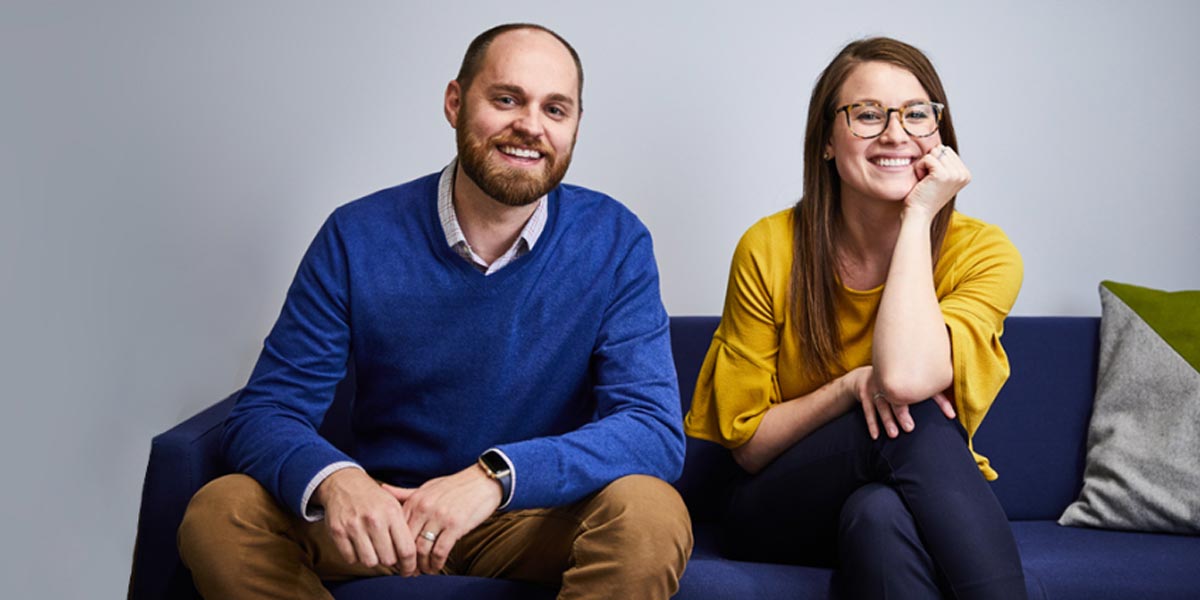Genevieve Backer and Colby Heckendorn, Entrepreneurs-in-Residence at The Opportunity Trust, believe passionately that education is the key to unlocking the future of St. Louis. But not education in its current state. “It was created to produce factory workers,” says Backer of the traditional elementary school setting and system. “And we know that 65% of kindergartners right now will have jobs that don’t even exist today. We’re all part of a community with a rich history, but our systems have been built without thoughts of growth.“
Seeking inspiration to address some of the shortfalls each experienced working in public schools in St. Louis and a community of educators willing to pursue bold change, Backer and Heckendorn independently applied to The Opportunity Trust Catalyst Fellowship. Through the fellowship, it became clear that they shared beliefs about how school must and could be different and over time these evolved into a vision for an intentionally diverse elementary school that utilizes community assets as both the textbook and classroom.
Strong Schools, Strong City
Atlas: A Community Lab School, a kindergarten through fifth grade elementary school designed by Backer and Heckendorn will open in St. Louis in 2021. Building on the successes that they discovered in national models: http://www.citizensoftheworld.org/ and http://www.newschoolsf.org/, the school is structured to address challenges and opportunities unique to St. Louis.
“We love our city and yet we know that St. Louis is one of the most segregated cities,” says Heckendorn, referring to the stark race and income disparities that exist in our community, sometimes on opposite sides of the same street. Few integrated schools exist in the St. Louis region despite many families valuing diversity in the educational process, and despite research that integration improves student outcomes across the board. The Atlas School will create an intentionally diverse educational environment by recruiting staff and students from a variety of backgrounds and will provide professional development and a curriculum that embraces differences along lines of race, socioeconomic status and culture.
“Kids learn best when they’re sitting by classmates who are different from them,” says Backer, referring to The Community Lab School vision of diverse students learning to solve real world problems.
The full Community Lab School model includes place-based learning (“using St. Louis as their textbook”), whole child personalization (instruction based on ability level rather than age), diversity by design, and year-round schooling that enables much deeper and richer teacher development. Backer and Heckendorn know their model can work, but it won’t be easy. “We’re going to have to change mindsets of what school is like,” says Heckendorn.
Through the support and structure of the Entrepreneur-in-Residence program Backer and Heckendorn are learning from the most innovative models nationally and building their school model based on the most current child development research. “We’re learning from best practices across the nation, from schools that have successfully created rigorous, integrated, and joyful schools the prepare children for the world they will graduate into,” explains Backer about the impact of the EIR program on their work so far. “We want to change the existing narrative in St. Louis that if you want your child to get a great education you have to leave the city. Strong schools build a strong city.”
